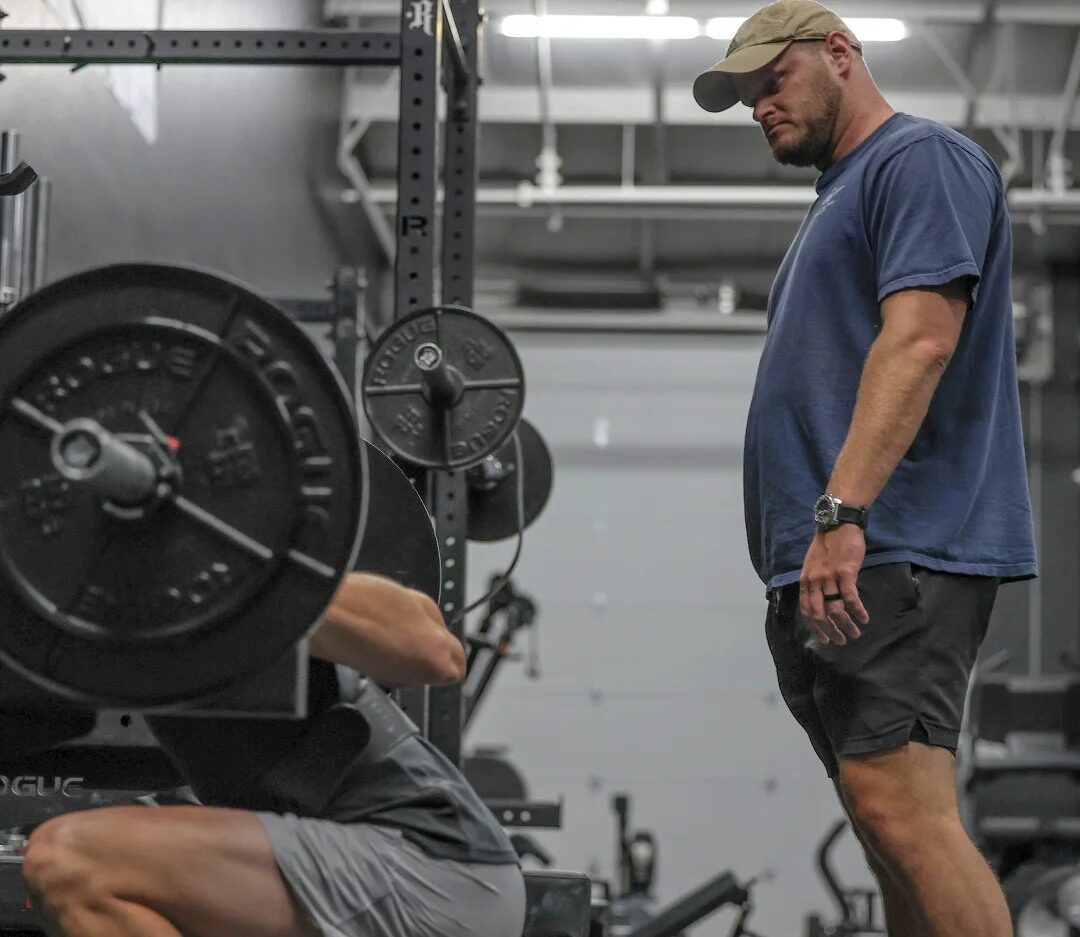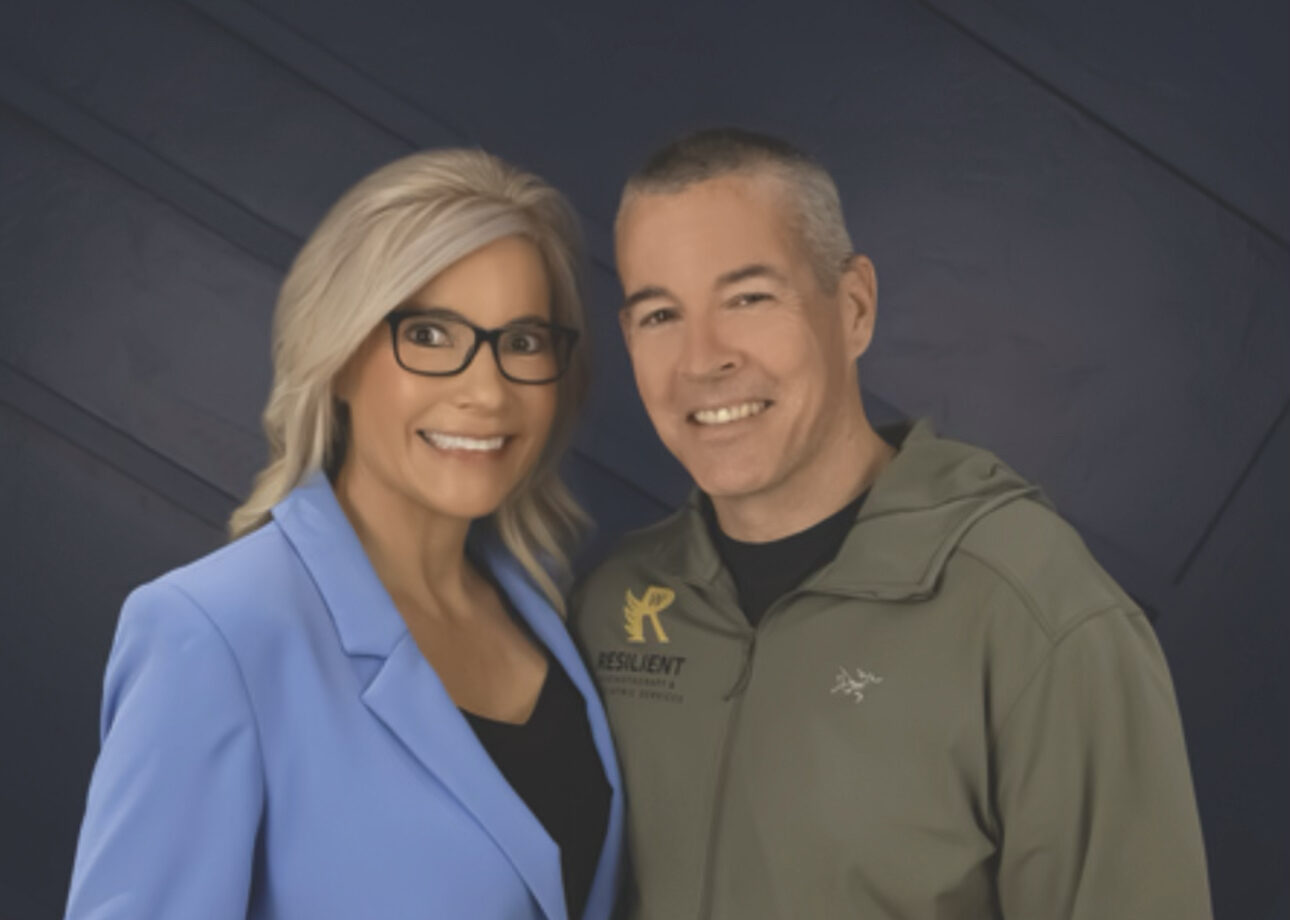

The Mom Reset: Realistic Self-Care Tips for Moms to Recharge This Fall
Feeling burned out? Discover realistic ways for busy moms to recharge their mind, body, and prioritize self-care this fall.
Discover the best health and wellness OKC | Edmond | Norman resources to help you live a healthy and happy life. Explore our articles on Exercise and Weight Loss, Emotional Self Care, Fitness Ideas and more. Our Ask the Expert section addresses all your health and fitness related questions and we even have helpful Tips & Advice to help you achieve your health and fitness goals.


Feeling burned out? Discover realistic ways for busy moms to recharge their mind, body, and prioritize self-care this fall.


Strength training isn’t just for athletes. Read on as we break down the science-backed benefits of strength training for women’s health.


Located at 164th and N. Western in Edmond, Traditional Strength isn’t your average fitness facility. This private member gym




By Fit City Mag Tucked into the Edmond community, Boho Berry is redefining what it


Reza Koranki and Joe Garcia bring a new level of fitness and function to the


By: Resilient Psychotherapy and Psychiatric Services, PLLC What if something as fundamental as your mood


Learn why concierge medicine, mobile primary care, and chiropractic services are redefining modern healthcare in OKC.


Boost gut health, metabolism, and energy with safe supplements. Discover local resources for men’s and women’s wellness.
snag our healthy living guide –
Top 15 Ideas for Living Your Best Life in OKC.